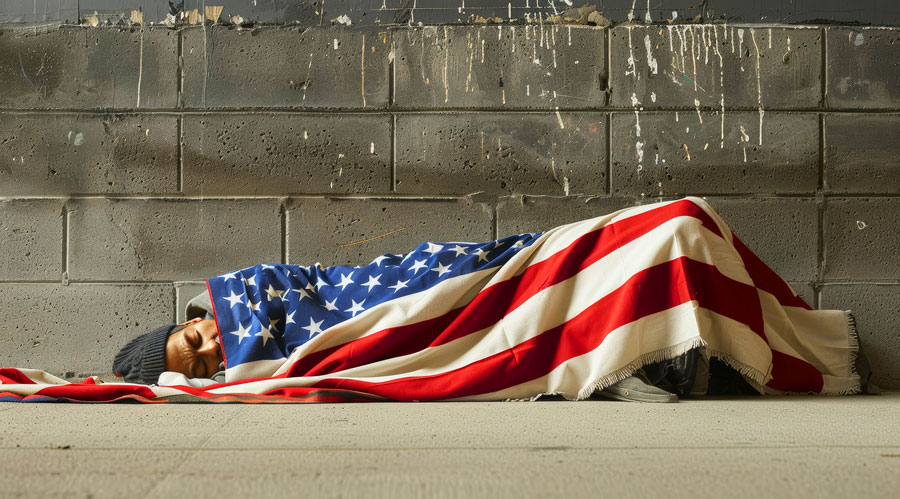
Tackling Veteran Homelessness in Detroit: A Crisis That Demands Action
Across the United States, the issue of veteran homelessness remains a persistent challenge, with an estimated 37,000 veterans experiencing homelessness on any given night. While significant progress has been made in recent years, reducing veteran homelessness by nearly 50% since 2010, certain cities continue to grapple with disproportionately high rates – including Detroit, Michigan.
Detroit is home to one of the largest populations of homeless veterans among major U.S. cities, with estimates suggesting between 500 to 1,000 veterans living without stable housing on any given night. This crisis is fueled by a combination of factors, including high poverty rates, limited affordable housing options, and insufficient support services tailored to the unique needs of former service members.
The roots of this problem are complex. Many homeless veterans struggle with mental health issues, substance abuse, or other challenges that can make the transition to civilian life incredibly difficult. Without a strong support network or access to the right resources, these veterans often find themselves trapped in a cycle of homelessness and instability.
Local organizations in Detroit, such as the Detroit VA Medical Center, Goodwill Industries, and the Salvation Army, are working tirelessly to provide housing assistance, job training, and other vital services to help get homeless veterans back on their feet. The city of Detroit has also made efforts to address the crisis, investing in the construction of more affordable housing units and connecting veterans to employment opportunities.
However, advocates argue that a more comprehensive, long-term strategy is needed to truly make a dent in veteran homelessness in Detroit. This includes not only expanding the availability of transitional and permanent supportive housing, but also ensuring seamless coordination between various service providers and government agencies to deliver a continuum of care.
By focusing resources and attention on this pressing issue, Detroit has the potential to become a model for how communities can come together to support those who have sacrificed so much for our country. With empathy, innovation, and a steadfast commitment to leaving no veteran behind, we can work to reintegrate these individuals back into stable, productive lives – and ultimately, rebuild the fabric of our city.

